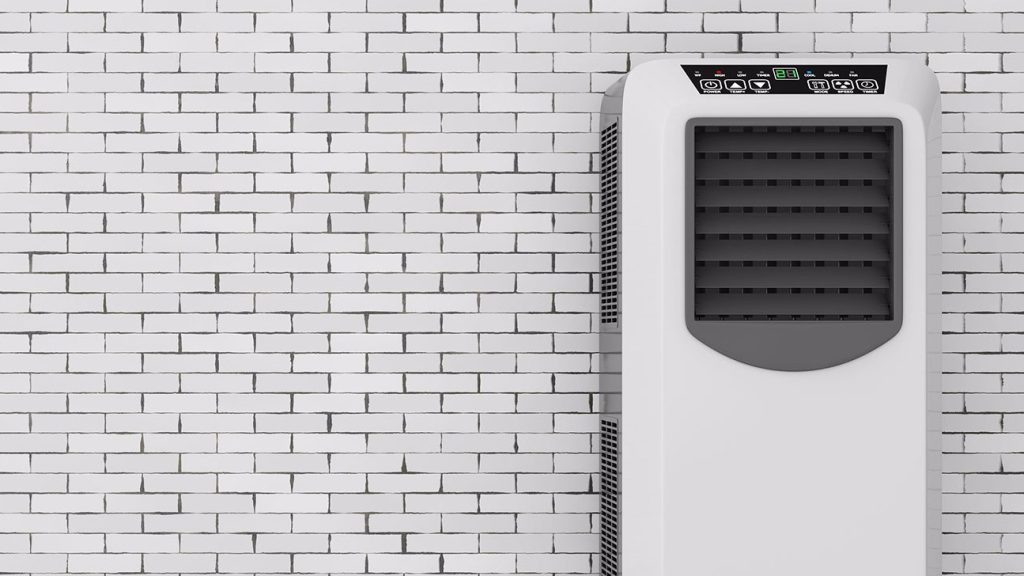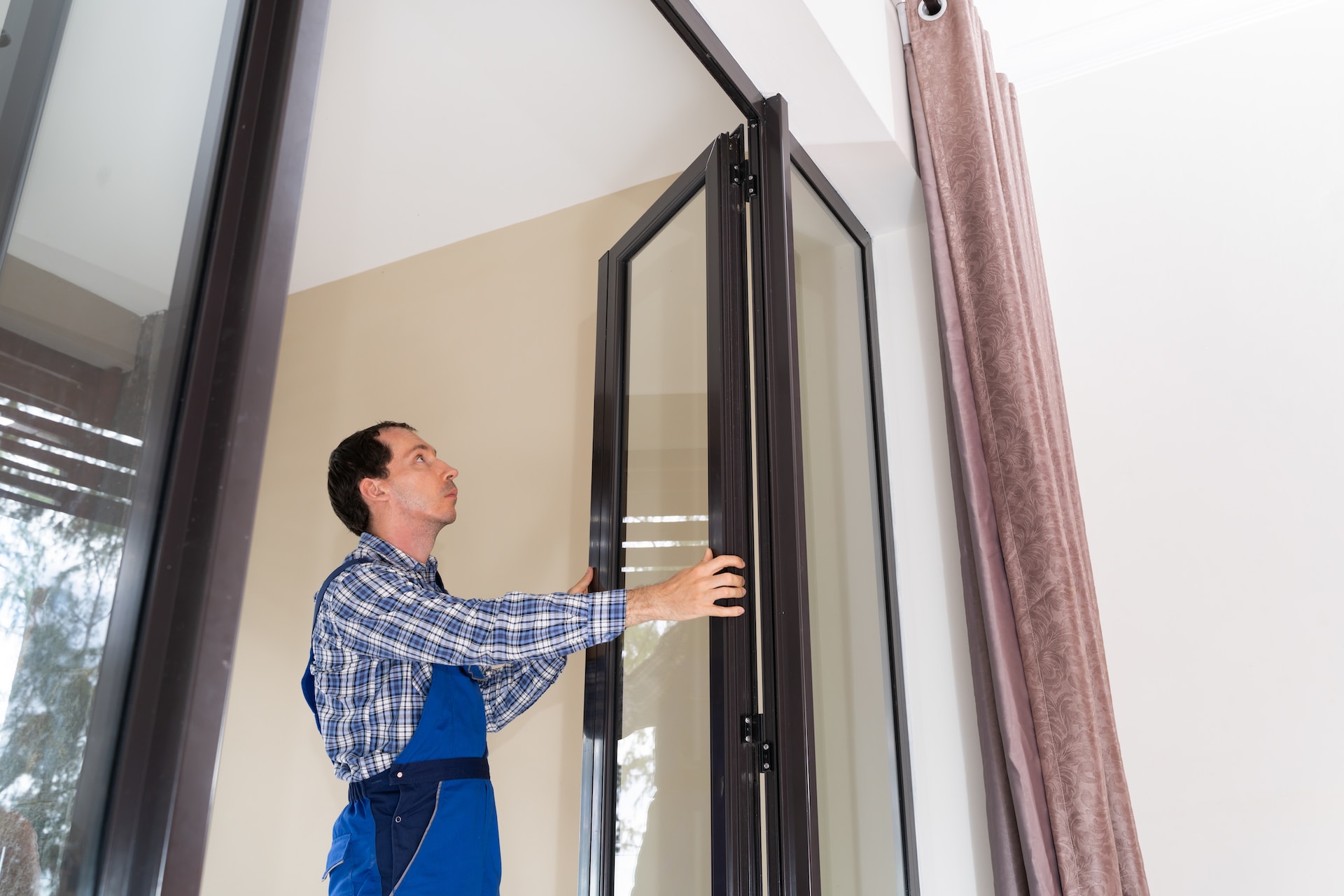Allergies and asthma are two of the most common respiratory disorders affecting millions worldwide. These conditions can cause a lot of discomfort, making it challenging for people to carry out their daily activities. Allergies and asthma can be triggered by various factors, including dust mites, mold, and other allergens that thrive in humid environments. However, the good news is that dehumidifiers can help relieve allergies and asthma symptoms.
What is a Dehumidifier?
A dehumidifier is a device designed to reduce the humidity levels in a room or space. It works by drawing in moist air, removing excess moisture, and releasing the drier air into the environment. Dehumidifiers are available in different sizes and capacities and can be used in various settings, including homes, offices, and warehouses.
How Do Dehumidifiers Help Relieve Allergies and Asthma?
1. Reduce Dust Mites
Dust mites are tiny organisms that thrive in humid environments. These microscopic creatures live in fabrics, carpets, and bedding, and they can trigger allergies and asthma symptoms. Using a dehumidifier reduces the humidity levels in your home, making it less favorable for dust mites to thrive. This, in turn, reduces the number of dust mites in your home and, consequently, the likelihood of allergic reactions and asthma attacks.
2. Prevent Mold Growth
Mold is another common allergen that thrives in humid environments. Mold spores can cause severe allergic reactions, and they can also trigger asthma symptoms. Using a dehumidifier helps reduce the humidity levels in your home, making it less favorable for mold to grow. This, in turn, reduces the number of mold spores in your home, reducing the likelihood of allergic reactions and asthma attacks.
3. Improve Air Quality
Humid environments can also lead to poor air quality, exacerbating allergies and asthma symptoms. High humidity levels can cause pollutants such as dust, pollen, and other allergens to become airborne, leading to respiratory problems. A dehumidifier helps to reduce the humidity levels in your home, making the air cleaner and less likely to cause respiratory problems.
4. Reduce Respiratory Infections
High humidity levels can also increase the likelihood of respiratory infections. Bacteria and viruses thrive in humid environments and can spread easily, causing respiratory infections. Using a dehumidifier helps to reduce the humidity levels in your home, making it less favorable for bacteria and viruses to thrive. This, in turn, reduces the likelihood of respiratory infections, which can trigger allergies and asthma symptoms.
5. Improve Sleep Quality
A dehumidifier reduces the humidity levels in your home, making it less favorable for allergens to thrive. This can help to reduce allergic reactions and asthma symptoms, improving sleep quality and overall well-being.
Conclusion
Allergies and asthma can be uncomfortable, but the good news is that dehumidifiers can help relieve symptoms associated with them. Dehumidifiers work by reducing the humidity levels in your home, making it less favorable for allergens to thrive. Using a dehumidifier can help to reduce the number of dust mites and mold spores in your home, improve air quality, reduce respiratory infections, and improve sleep quality. If you suffer from allergies or asthma, consider investing in a dehumidifier to help relieve your symptoms.
Are you looking for the best clean air company? Clean Air Carolinas, Inc. is the go-to source for all air quality needs. Get in touch with us for an obligation-free quote on services such as mold elimination, humidity control, and more! Call us now!




